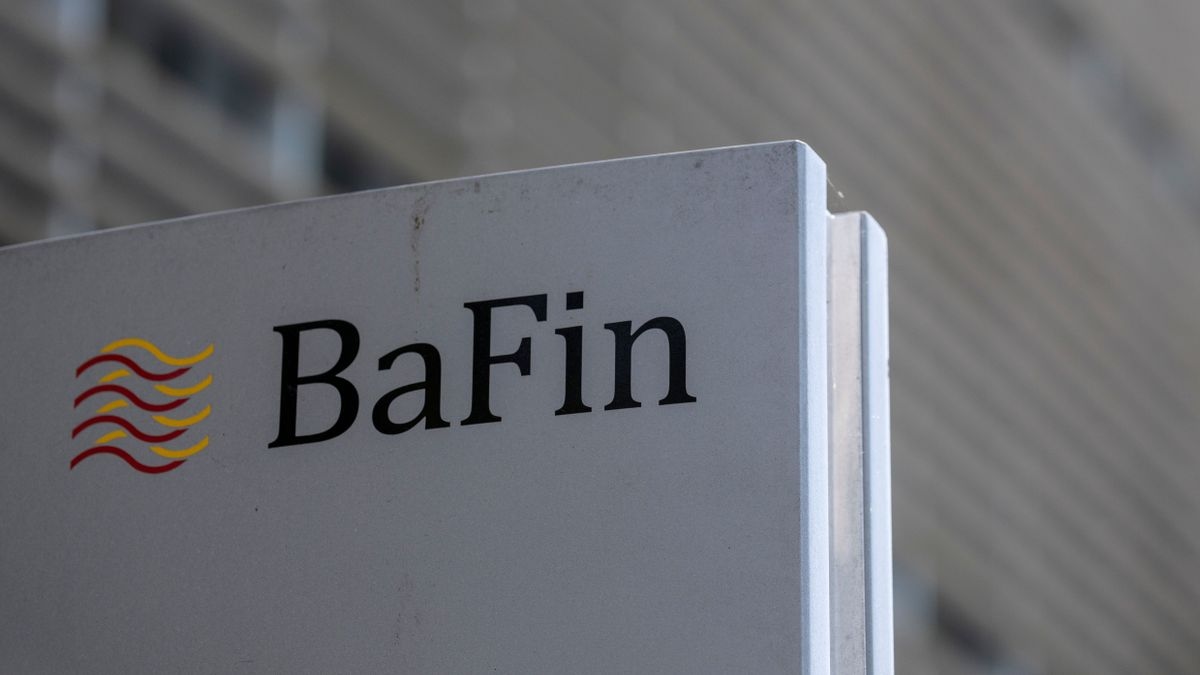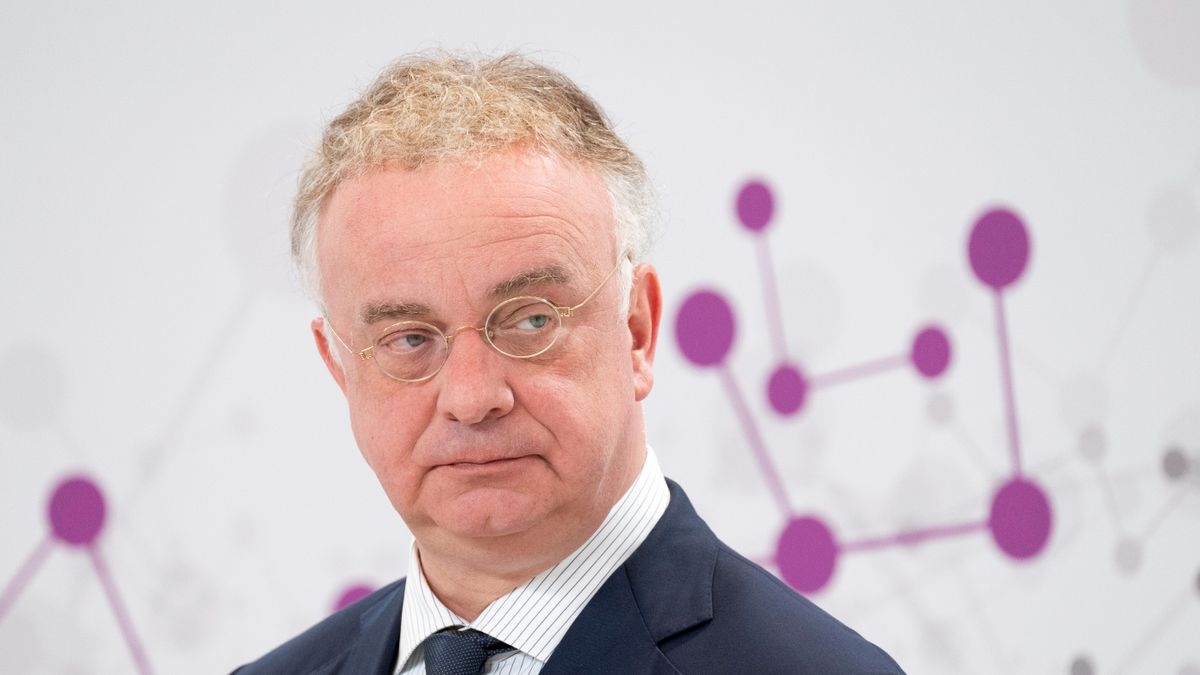Discussion on cityscape: SPD proposes summit on cityscape in the Chancellery
In light of ongoing discussions about security in public spaces, ten SPD members of the Bundestag are calling for a more objective debate and a summit in the Chancellery. "I expect the Chancellor to bring together representatives from major cities, municipal associations, and the parliamentary groups for a cityscape summit, similar to the steel or automobile summit," Bundestag member Adis Ahmetović told the Bild newspaper.
Together with nine other Social Democrats, he has drafted an eight-point plan for the discussion surrounding Chancellor Friedrich Merz 's (CDU) statement. "Difficulties in the urban landscape have diverse causes: social injustice, housing shortages, neglect of public spaces, a lack of social infrastructure, and inadequate prevention," the parliamentarians write.
The group around Ahmetović calls, among other things, for the promotion of green spaces in public areas , assistance for drug and alcohol consumption and support for cultural offerings such as public music venues and sports areas.
SPD parliamentary group leader Dirk Wiese also supported the initiative. He told the Bild newspaper that he shared the goal of making the debate more objective and not narrowing it down to migration.
Union sees no need for discussionThe CDU/CSU, however, rejects a summit. "The Chancellor has clearly identified the problem; further discussion is unnecessary," parliamentary group manager Steffen Bilger told Bild newspaper. A broad majority of the population understands Merz's statements. However, they are open to discussions on a "more consistent domestic policy."
The domestic policy spokesman for the CDU /CSU parliamentary group, Alexander Throm, also criticized the SPD parliamentary group's paper in the newspaper, saying it ignored the issues that actually concern people.
Merz sticks to his statementOn October 14, the Chancellor said that "this problem still exists in the cityscape" and that the Federal Minister of the Interior was in the process of solving it through a larger number of deportations. When asked what he specifically meant by that, Merz said the journalist should ask his daughters . Merz received support from members of the CDU/CSU party, but also faced widespread criticism.
On Wednesday, Merz clarified that problems would be caused by migrants who lacked permanent residency status, weren't working, and weren't complying with the rules in force in Germany. Even after this clarification, demonstrations against Merz continued. Many participants accused the Chancellor of discrimination and racism , among other things.
Most recently, CDU parliamentary group leader Jens Spahn criticized an SPD member of parliament for participating in a demonstration against Merz's statements. "Any SPD leader who demonstrates against the Chancellor of the joint coalition is recklessly contributing to people's less confidence in us to govern well," said Steffen Bilger, parliamentary manager of the CDU/CSU parliamentary group.
Die zeit





